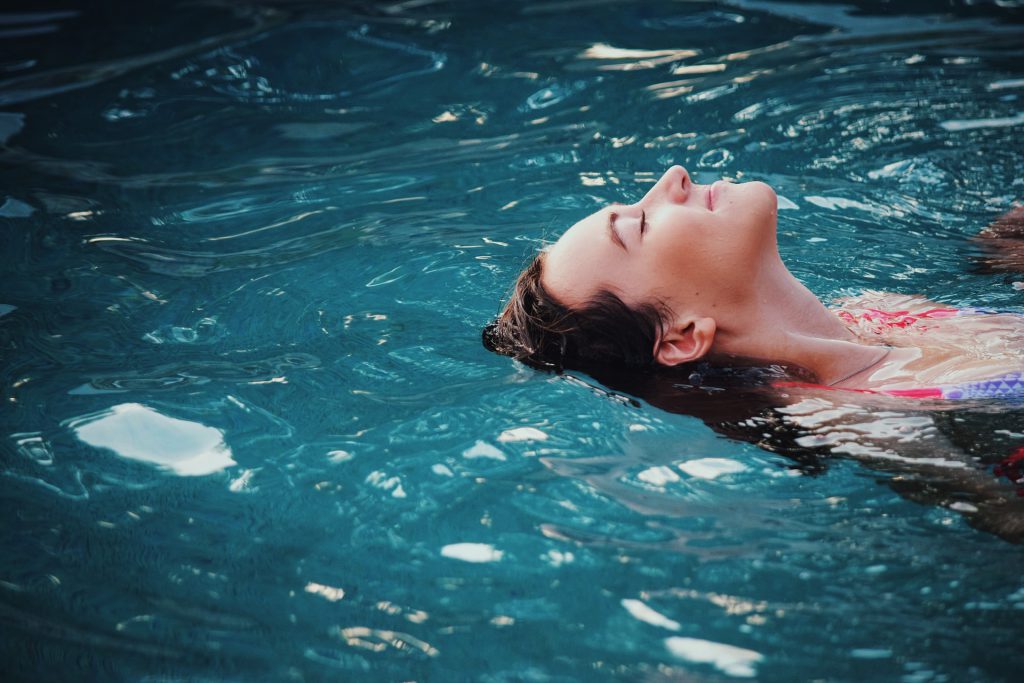
Introverts tend to be more prone to suffering from stress and anxiety, and due to their nature, they struggle to cope or seek help. However, there are many ways that introverts can alleviate or reduce these feelings, and according to National Geographic, Autonomous Sensory Meridian Response (ASMR) is one of them.
If you’ve ever experienced goosebump-raising pleasurable brain tingles accompanied by a deep sense of relaxation when you’ve heard particular sounds, watched repetitive movements, or while someone brushed or played with your hair, that’s an ASMR.
While the science around ASMR is still relatively young, the research so far has been encouraging. Especially in terms of its potential therapeutic uses as a tool for managing stress and anxiety, as well as sleep problems linked to those feelings.
ASMR And Neuroticism
Not everyone can experience ASMR. According to the Conversation, emerging research indicates that people who can experience it usually have higher levels of neuroticism. This personality trait normally tends toward negative feelings such as anxiety, depression, and self-doubt; something that many introverts are familiar with.
Those who can experience ASMR had significantly higher scores for neuroticism, anxiety predisposition, and current anxiety levels than those who don’t experience it.
The researchers found that the current anxiety levels had reduced significantly after watching a video compilation of common ASMR triggers. The current anxiety levels of those who don’t experience ASMR remained the same after watching the video.
ASMR, Dopamine And Oxytocin
According to Brain Facts, Shenandoah University professor and physiologist Craig Richard said that MRI scans of people watching ASMR videos revealed that various brain areas activated during that time. Those areas process emotional arousal, social behaviors, and reward.
Richard said that the activity in some of those areas indicated that neurotransmitters such as dopamine and oxytocin may have something to do with ASMR. Known as the ‘love hormone’, oxytocin stimulates feelings of comfort and relaxation as well as decreased anxiety and insomnia.
Not Sound Alone – ASMR Triggers
If you search for ASMR videos on YouTube you’ll find a plethora of options, many of which are focused on sounds that trigger the response. According to Greatest, there are several different types of ASMR triggers. Sound, such as people whispering or chewing food, is one of the most common triggers.
This is why ASMRtists choose high quality microphones that produce clear and immersive sound. Other triggers include repetitive visuals (usually combined with sound) such as mixing paint, sensory experiences such as hair play, and situations such as making eye contact with another person.
Using ASMR For Anxiety And Sleep Problem Management
Sleepyhead Clinic director and consultant psychologist, Stephanie Romiszewski told Woman and Home that ASMR can help relax the mind, which can help you reduce your heart rate as well as your temperature.
She said that she believes ASMR is a great tool to help you relax quickly by reducing stress and anxiety, which can help you to avoid sleep problems.
According to Romiszewski, one of the best ways to use ASMR for those issues is by watching ASMR videos right before going to bed.
You’ll first need to find the type of ASMR video that works for you, so do a YouTube search and watch a few different types of videos. If you feel brain tingles, you’ll know you’ve found gold.










